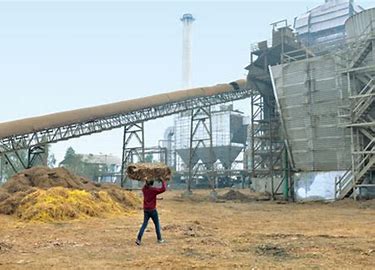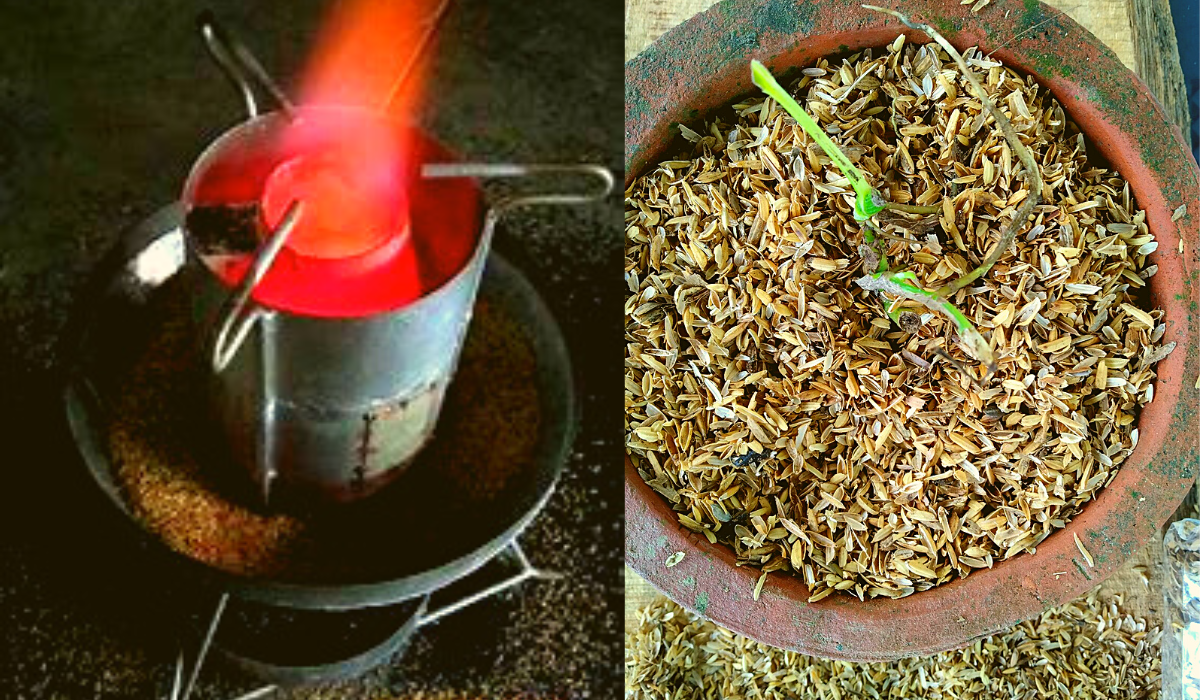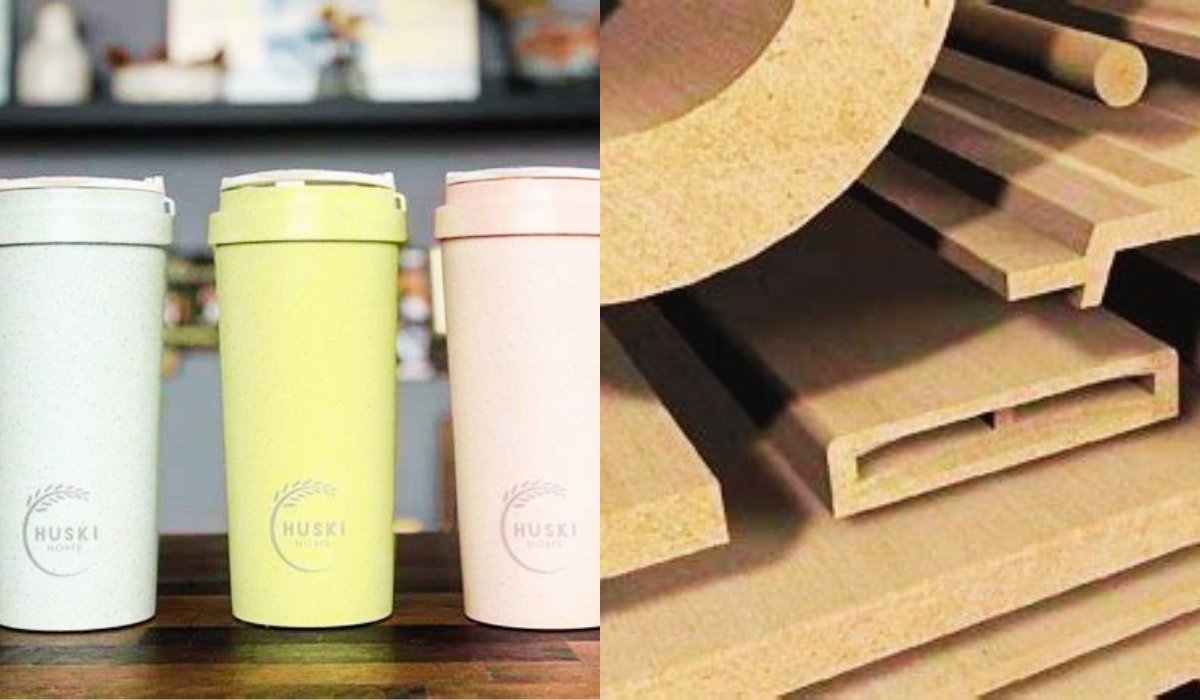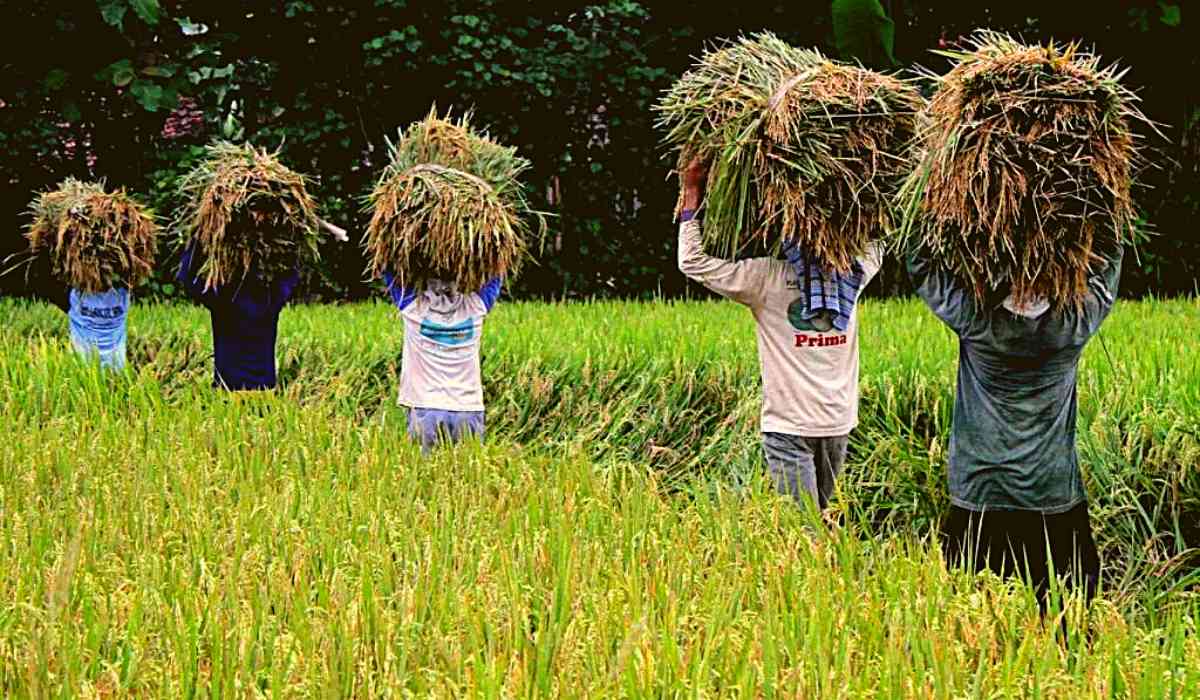It is estimated that Indonesia produces about 100 million tonnes of rice straw each year, and around 60 percent of this waste is burned in open fields, releasing enough energy to power the country's households 10 times over if it could be harnessed.

A research consortium that includes Aston University is working to develop processes to capture more affordable energy from rice straw than ever before & demonstrate that it can be done on a commercial scale.
The project team have calculated that biomass produces cheaper electricity than solar, geothermal, coal, wind, and subsidised gas over a power plant’s life.
Rice waste, also known as rice husks, can be used for a variety of purposes. Some potential uses for rice husks include:
Fuel: Rice husks can be burned as a source of fuel for cooking or generating electricity.

Construction material: Rice husks can be ground into a powder and mixed with cement to create a building material that is lighter and more insulating than traditional concrete.
Animal feed: Rice husks can be used as a feed supplement for livestock, particularly ruminants such as cows and goats.
Fertilizer: Rice husks contain silica, which can be beneficial for plants. They can be composted and used as a natural fertilizer for crops.
Absorbents: Rice husks have a high absorbency rate, making them useful for cleaning up spills or as a litter material for pets.
Filters: Rice husks can be used to filter water or other liquids, as they are able to trap impurities and contaminants.

Packaging material: Rice husks can be used to create biodegradable packaging materials, such as bags or containers.
Industrial applications: Rice husks can be used as a raw material in the production of various industrial products, such as paper, cardboard, and insulation materials.
Rice waste can also be used to generate electricity, and researchers at Aston University are working to develop processes to capture more affordable energy from rice straw than ever before & demonstrate that it can be done on a commercial scale.
© Vygr Media Private Limited 2022. All Rights Reserved.

























